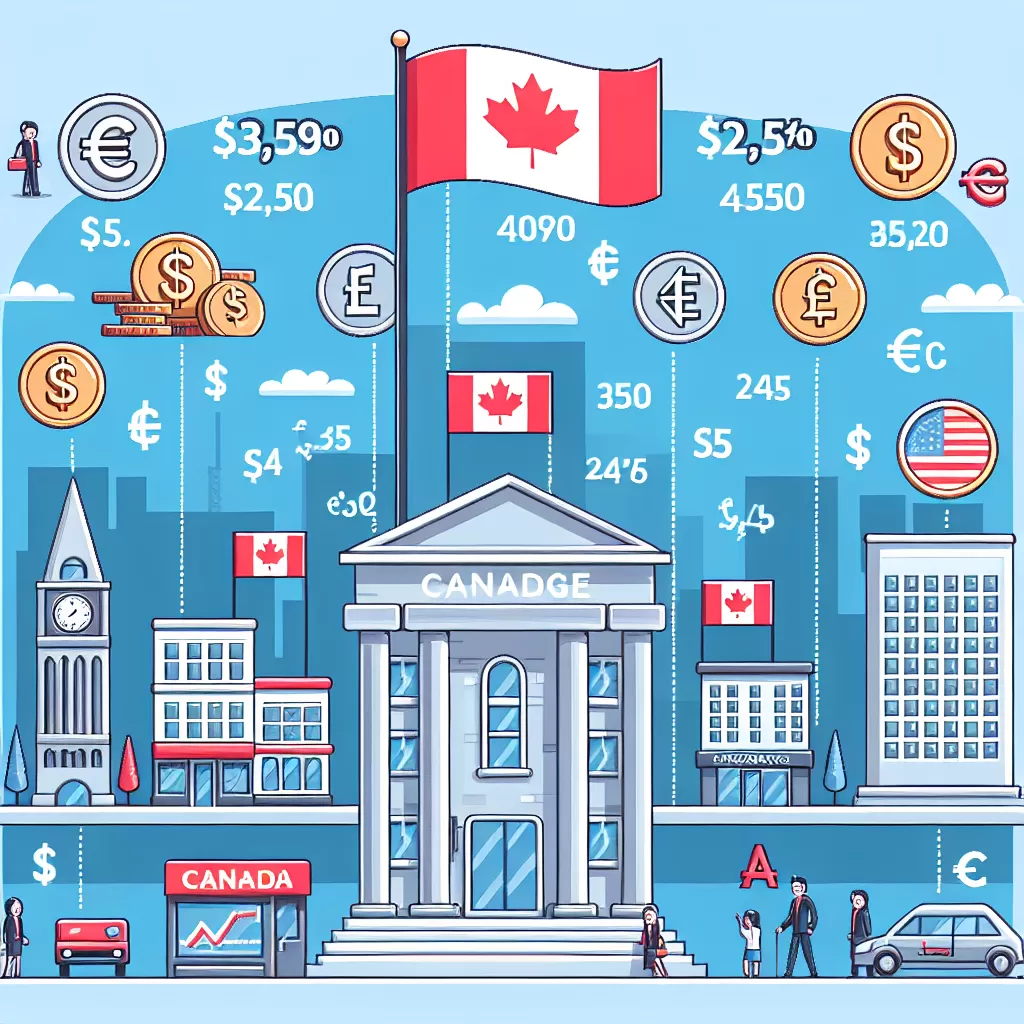How Much Do Banks Charge For Currency Exchange Canada
Follow Currency Mart April 10, 2024
Where to purchase Foreign Currencies?

Introduction
In the digital global marketplace of today, currency exchange becomes a necessity rather than an option. As we move amidst different currencies, the question arises - how much do banks charge for currency exchange in Canada? The costs vary based on the type of transaction, the bank in question, and other related factors. This article aims to shed light on the secrets behind the charges imposed by the Canadian banks for currency exchange.Understanding Currency Exchange Rates
Before diving into the fees, it's essential to comprehend what exchange rates are. They denote the value of one country's currency against that of another. These rates are in constant flux due to factors like interest rates, political stability, and economic performance. Many banks take advantage of exchange rate differences to make a profit - of which, a part is levied as a fee to their customers.The Basics of Bank Exchange Rates in Canada
In Canada, major banks such as TD, CIBC, Bank of Montreal, Scotiabank, and Royal Bank of Canada usually calculate exchange rates by adding a margin to the current mid-market rate. This mid-market rate, also known as the interbank rate, is the midpoint between the buy and sell prices of the two currencies on the global market. Banks typically add a margin of about 2.5% to 3%, but the exact percentage can vary.Commission Fees and Service Charges
In addition to the exchange rate mark-up, banks usually charge a commission fee or service charge, especially for cash transactions. The fee can be a flat amount or a percentage of the transaction value, ranging from $3 to $15 per transaction. Some banks waive the fees if the transaction value exceeds a certain amount.Online Money Transfers
Many banks in Canada offer online international money transfers. While these transactions are convenient, they come with a cost. Banks usually charge a flat fee ranging from $1 to $10 for standard transfers, and it can go up to $30 for swift or express transfers.Foreign Currency Transactions on Credit Cards
Foreign currency transactions made using credit cards are subject to a currency conversion charge. This charge, implemented by most major Canadian banks, ranges from 2.5% to 3% of the transaction value.Using Global Payment Services
Several banks in Canada partner with global payment companies like Western Union or MoneyGram for international money transfers. These services charge a transaction fee based on the transfer amount and funding method. Additionally, a margin on the exchange rate is typically applied.Alternatives to Bank Currency Exchange
Due to the high fees associated with bank currency exchanges, many are exploring other options. Online currency exchange platforms and peer-to-peer services tend to offer more competitive rates and lower costs than traditional banks. Some popular choices include TransferWise, OFX, and CurrencyFair.Conclusion
As the Guardian of currency exchange, it's important to note that shopping around and comparing rates can lead to significant savings. Assess the overall cost, not just the exchange rate, before opting for a service. Although banks offer a sense of security and convenience, various alternatives might fare better in terms of cost-effectiveness.
Where to purchase Foreign Currencies?